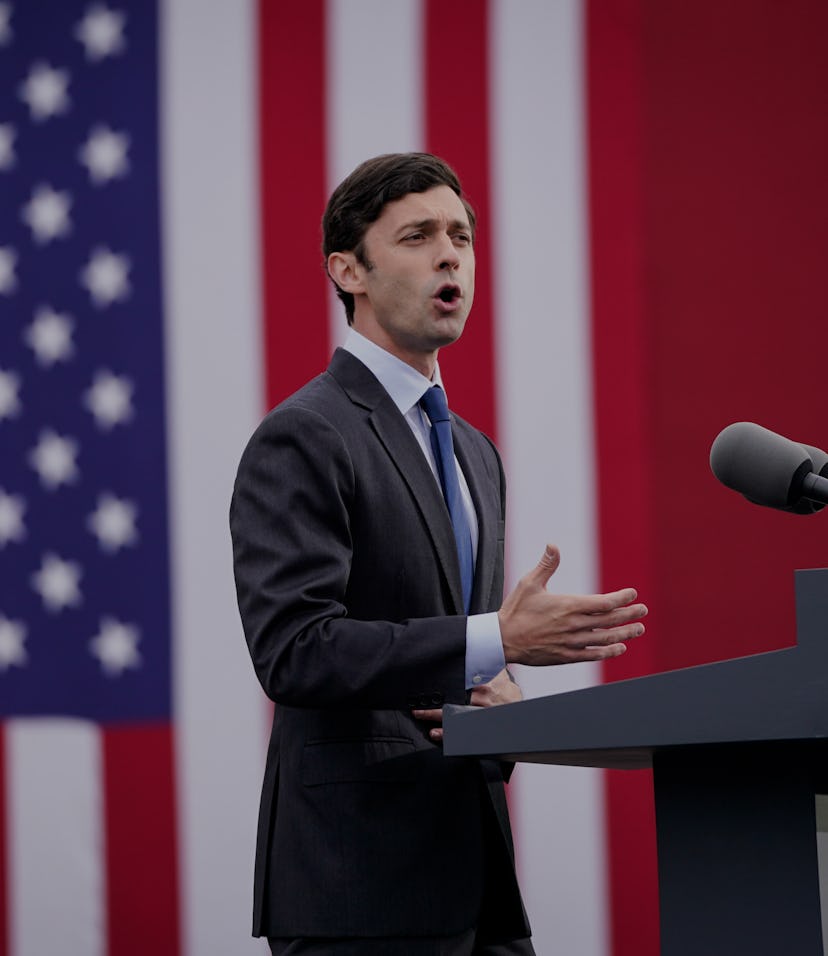Tech
Facebook will lift its political ad ban for Georgia's Senate runoff
The company says it will take measures to ensure that any unrelated ads don't slip through.

Facebook is relaxing its freeze on political ads to let campaigns run advertisements for Georgia's upcoming Senate runoff elections. The company, alongside Google, announced a temporary pause on political advertising back in October in order to slow the spread of misinformation surrounding the recent presidential election, which President Trump has falsely claimed was rigged against him.
Advertisers will be able to start running ads targeting Georgia voters starting December 16. The ban will remain in place for all other political ads.
Georgia-exclusive — Since the election is being closely watched, the new exemption will be protected with enhanced measures. Facebook will block any advertisement targeting users outside of Georgia, for one. It will also block any ad that tries to address political issues outside the scope of the runoff. If an advertisement features content that's been debunked by fact-checkers, it will be labeled and users will see an alert before they can share it with their friends. Only approved advertisers will be allowed to publish ads in Georgia.
Campaign officials from both parties criticized Facebook and Google for blocking political ads in the Georgia race, which will determine which U.S. party controls the Senate during Biden's presidency. Democrats said that it would hamper their efforts to fight misinformation about the election, while Republicans are dealing with the phenomenon of voters within the party opting to not vote at all in part because Trump's claims of voter fraud make them feel doing so would be futile.
Digital advertising allows for more precise targeting of audiences, making them more cost effective for campaigns than traditional forms of media like broadcast or print newspapers.
Ad bans — It's unclear how long Facebook intends to keep its broader political ad ban in place — it has extended the freeze multiple times. President-elect Joe Biden takes office on January 20, after which things may or may not simmer down.
Google lifted its similar political ad ban in recent days. Twitter, meanwhile, permanently opted out of accepting political advertising last year, therefore avoiding these headaches altogether.
Moderation across all social media platforms was stepped up mightily during the presidential election as tech companies conceded algorithms alone aren't sufficient, and allowing anyone to say whatever they want comes with problems. This new advertising exemption in Georgia means Facebook is operating much like a traditional media company in limiting who can run ads and vetting the contents.